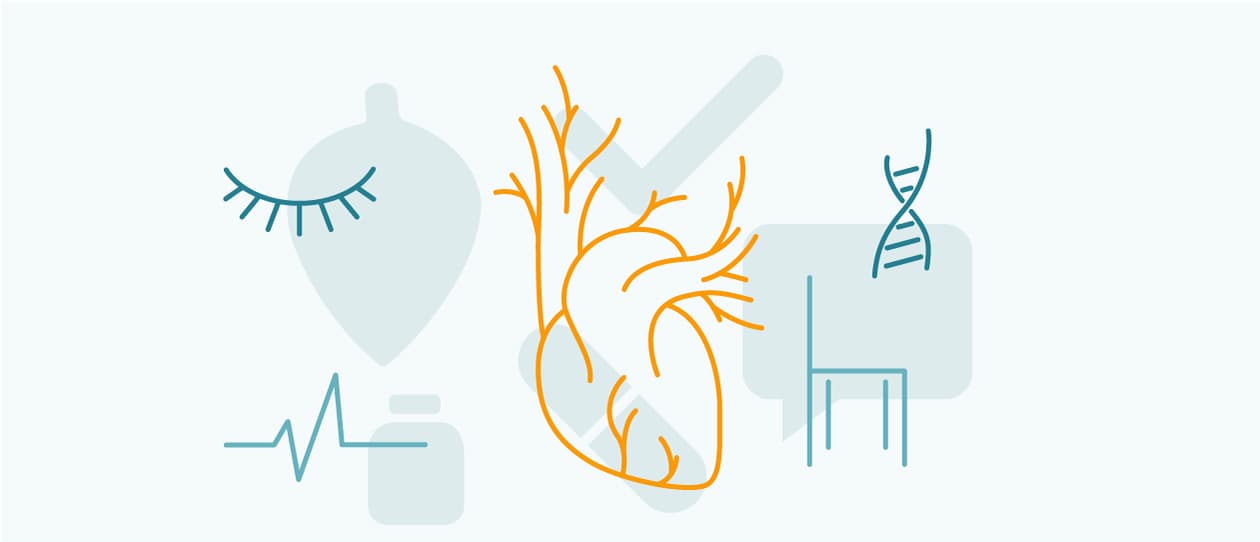


Iron-deficiency anaemia is more common in women than men and is associated with:
- Fatigue
- Lethargy
- Dizziness
- Pale skin, lips, gums, nail beds and eyelid linings
- Nails may become brittle, ridged and develop a spoon shape
- Rapid heartbeat
- Shortness of breath (especially when exercising)
- Cognitive problems , such as poor concentration
- Headache
- Increased susceptibility to cold ; coldness of the hands and feet
- Reduced resistance to infection
- Cracks in the corners of the mouth
- Cravings for dirt, ice or other unusual substances (pica)
- Chest-pain may occur, especially in older people
Iron plays a vital role in haemoglobin, which carries oxygen around the body in the red blood cells. The symptoms of iron-deficiency anaemia arise because without enough iron, there is insufficient haemoglobin to carry oxygen to the tissues.
Iron deficiency is usually related to inadequate dietary intake of iron.
Women are more prone to iron-deficiency anaemia than men due to their monthly blood loss during menstruation. In addition, many women develop anaemia during pregnancy, as their iron stores are diverted to the developing baby.
Vegetarians and vegans are at increased risk of iron deficiency since the iron from meat and other animal products (called haem iron) is more easily absorbed than iron from vegetarian sources. Vegetarians and vegans are also at increased risk of vitamin B12 deficiency, as this nutrient is only found in animal products.
People who have suffered blood loss due to accident, surgery, chronic disease (e.g. bowel disease), or adverse effects of medications (e.g. aspirin) are also at risk of developing iron-deficiency anaemia. Digestive problems that interfere with the absorption of iron and other nutrients may also be involved (e.g. coeliac disease).
- Eat iron-rich foods such as lean meat, fish and whole grains regularly.
- Iron from vegetarian sources is not as easily absorbed as iron from meat sources. Spinach and other leafy green vegetables, legumes and whole grains are important vegetarian sources of iron, along with enriched breads and cereals.
- Always combine iron-containing foods with foods rich in vitamin C (such as citrus and other fruit, capsicum and broccoli ) in order to improve your body's absorption of iron.
- Iron foods or supplements should be taken at different times than foods and medicines known to decrease absorption, such as carbonated drinks, coffee, tea, calcium and zinc supplements and antacids and other drugs designed to inhibit gastric acid secretions (e.g. proton-pump inhibitors) .
- Anaemia has many different causes, so if you suspect that you are anaemic or deficient in iron, it is important that you consult your healthcare professional who can arrange for the appropriate investigations to be performed.
- Keep iron supplements out of reach of children. Always follow the dosage recommendations for iron supplements, as iron is extremely toxic in excessive quantities. Symptoms may include vomiting and bloody diarrhoea. If you suspect someone has taken an iron overdose seek emergency medical advice.
- Do not take iron supplements if you suffer from haemochromatosis, haemosiderosis or an iron-loading form of anaemia (e.g. thalassaemia).
References available on request




